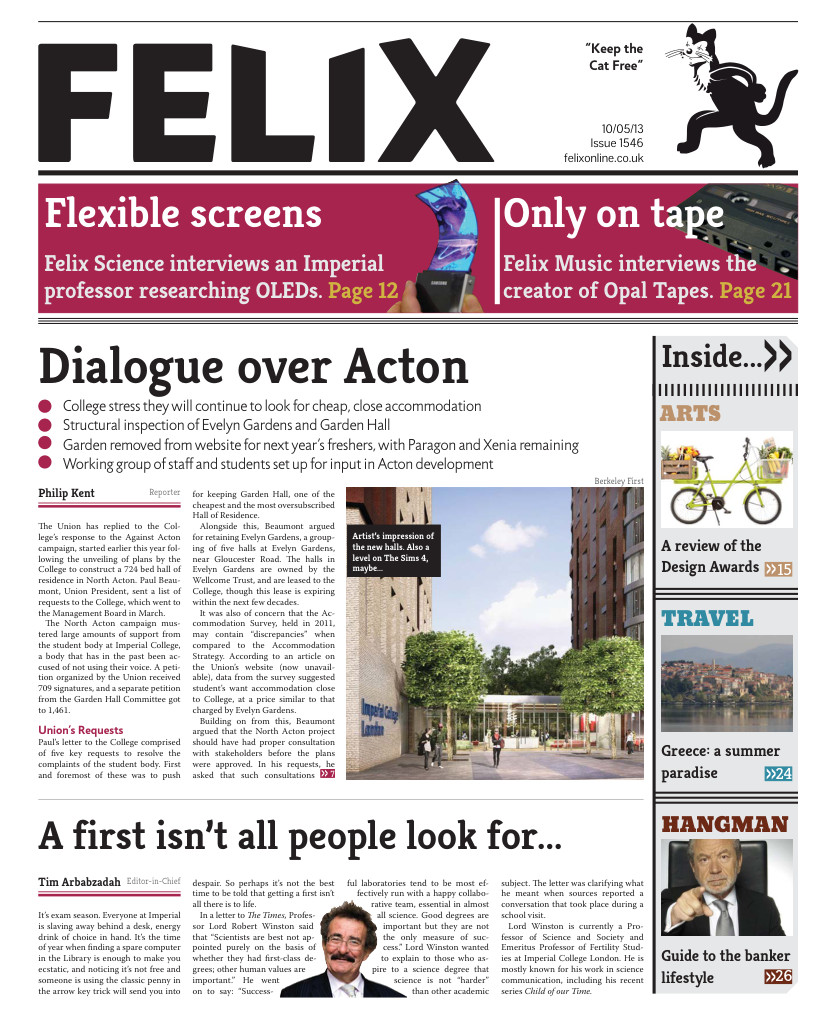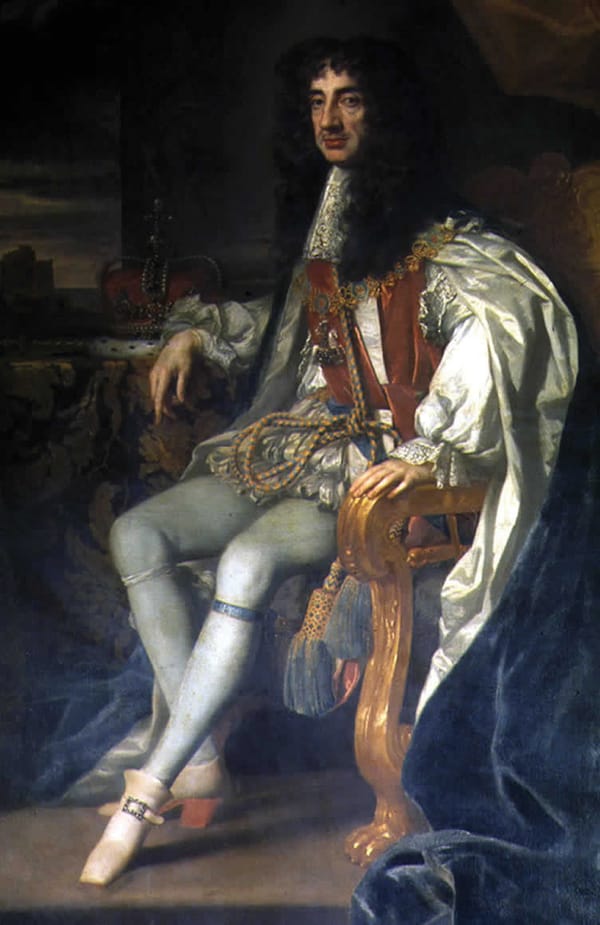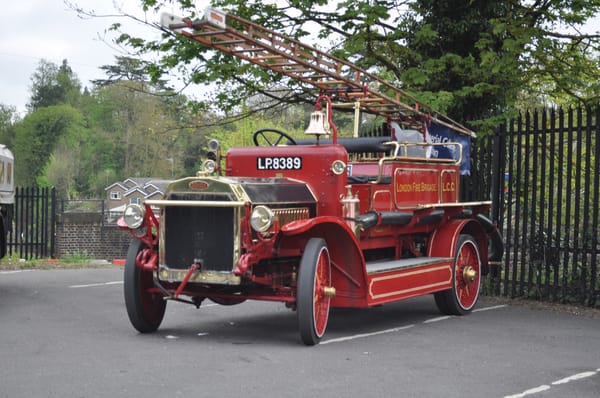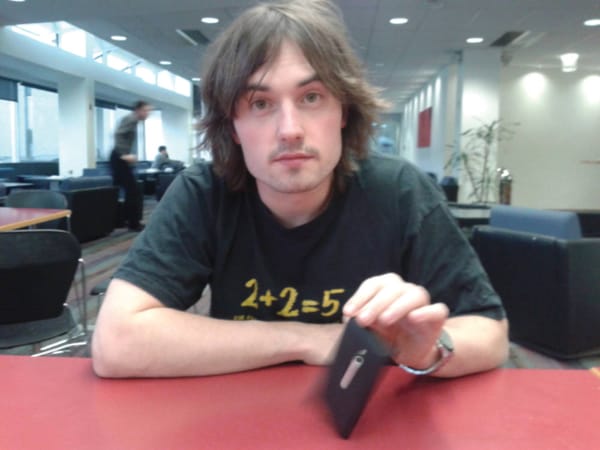HAB you seen our balloons?
ICSEDS launch their rockets
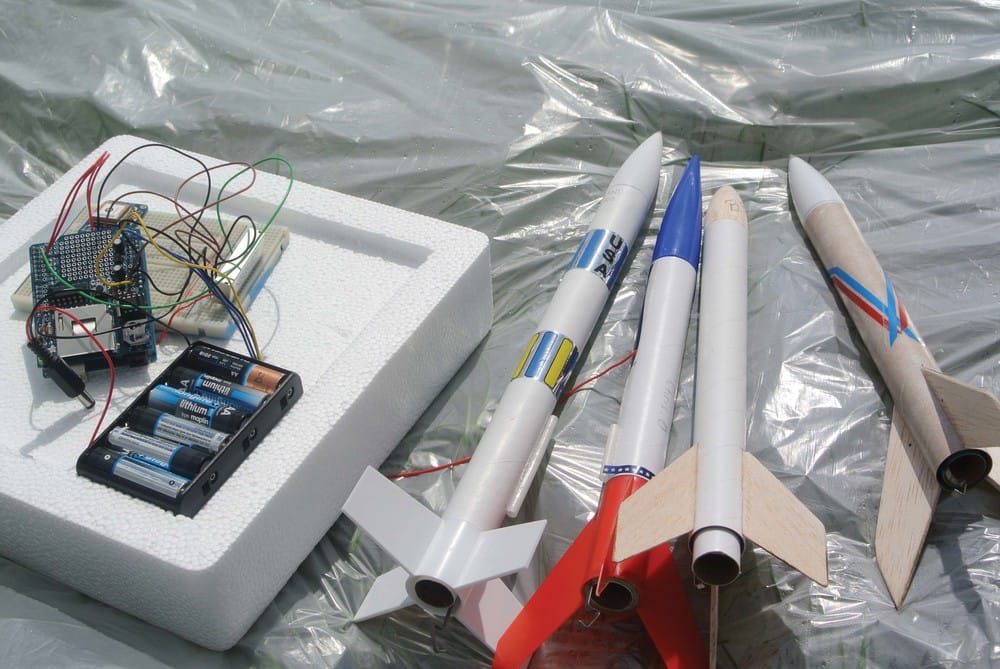
On Sunday 5 May, members of Imperial College Students for the Exploration and Development of Space (ICSEDS) travelled to Elsworth, Cambridgeshire for their first launch. The aim was to launch two high altitude balloons (HABs) and several model rockets built over the course of the year.
The two HABs were the culmination of ICSEDS’s very own space race, with teams Alpha and Omega competing to design and launch a HAB able to take photographs of the curvature of the Earth for the lowest cost. Team Alpha chose to use a second hand HTC Desire smartphone, providing them with a camera, GPS tracker, battery, and processor in one package. Meanwhile Team Omega built their payload from scratch, using two Arduinos and a variety of sensors to track their balloon’s location and altitude, and capture images.
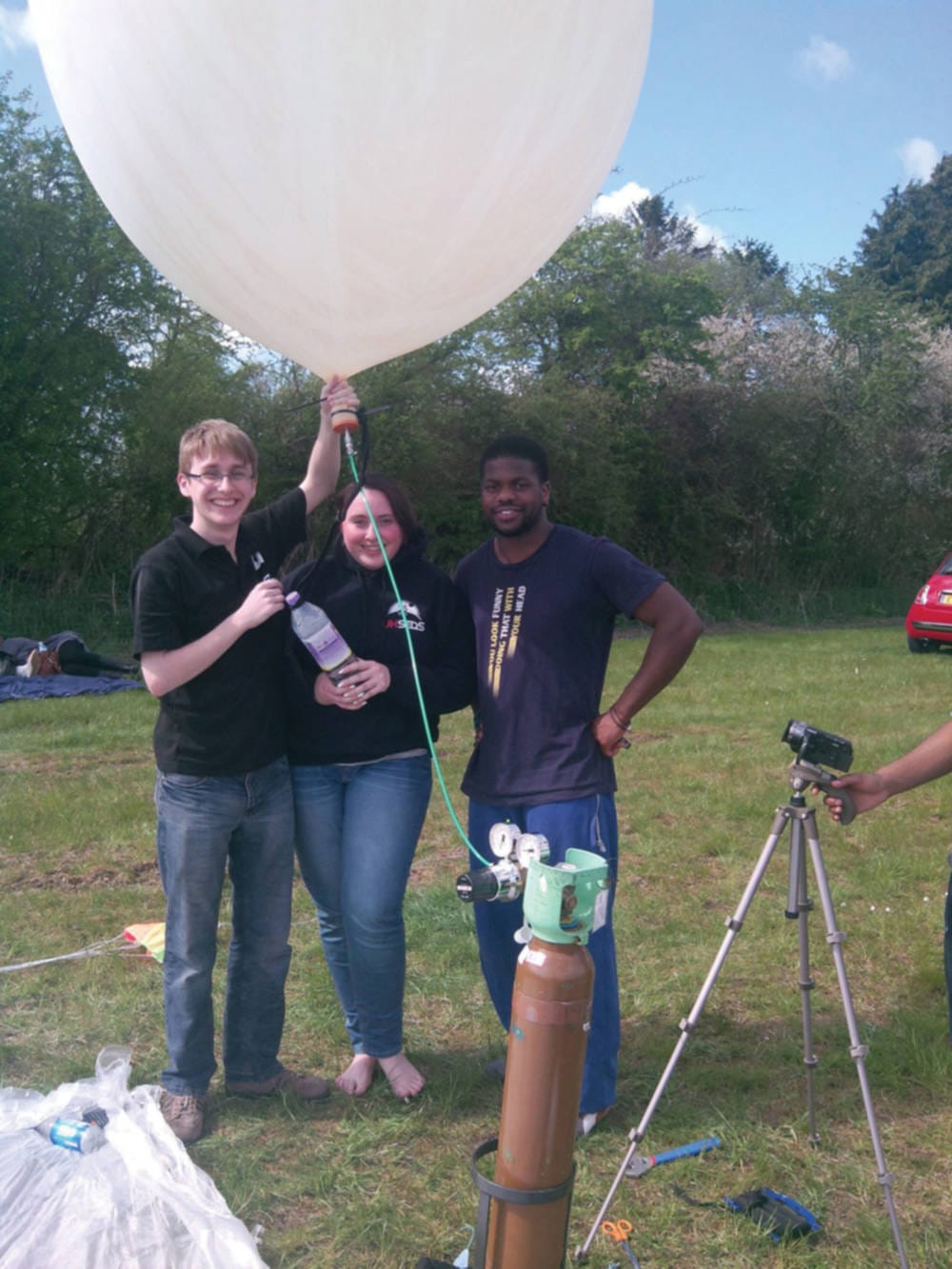
Sadly, despite the wonderful weather and favourable wind conditions both teams lost the signals of their GPS trackers, though another group of high altitude balloonists picked up one of the signals during the ascent. They learnt that they need to invest in more powerful ground tracking equipment and a bigger antenna. They are hoping someone will come across them before they get destroyed by the elements (they are predicted to have landed just east of Peterborough) and have started an online campaign to raise awareness and the likelihood of retrieval (details can be found on their website and Twitter).
Alongside these HAB launches, members were also able to launch their very own model rockets, and unlike with the HABs they had a 100% retrieval success rate! The most impressive of the rockets was that of Project Officer, TeeJay Taiwo, who was launching a rocket just under a meter long with a H125 motor (average thrust 125N compared to the 1N to 3N A-class starting motors the other members had) in order to obtain his level 1 certification. ICSEDS happily announced that he passed the assessment after an exemplary launch, and this will allow ICSEDS to launch high powered rockets under his supervision in the future.
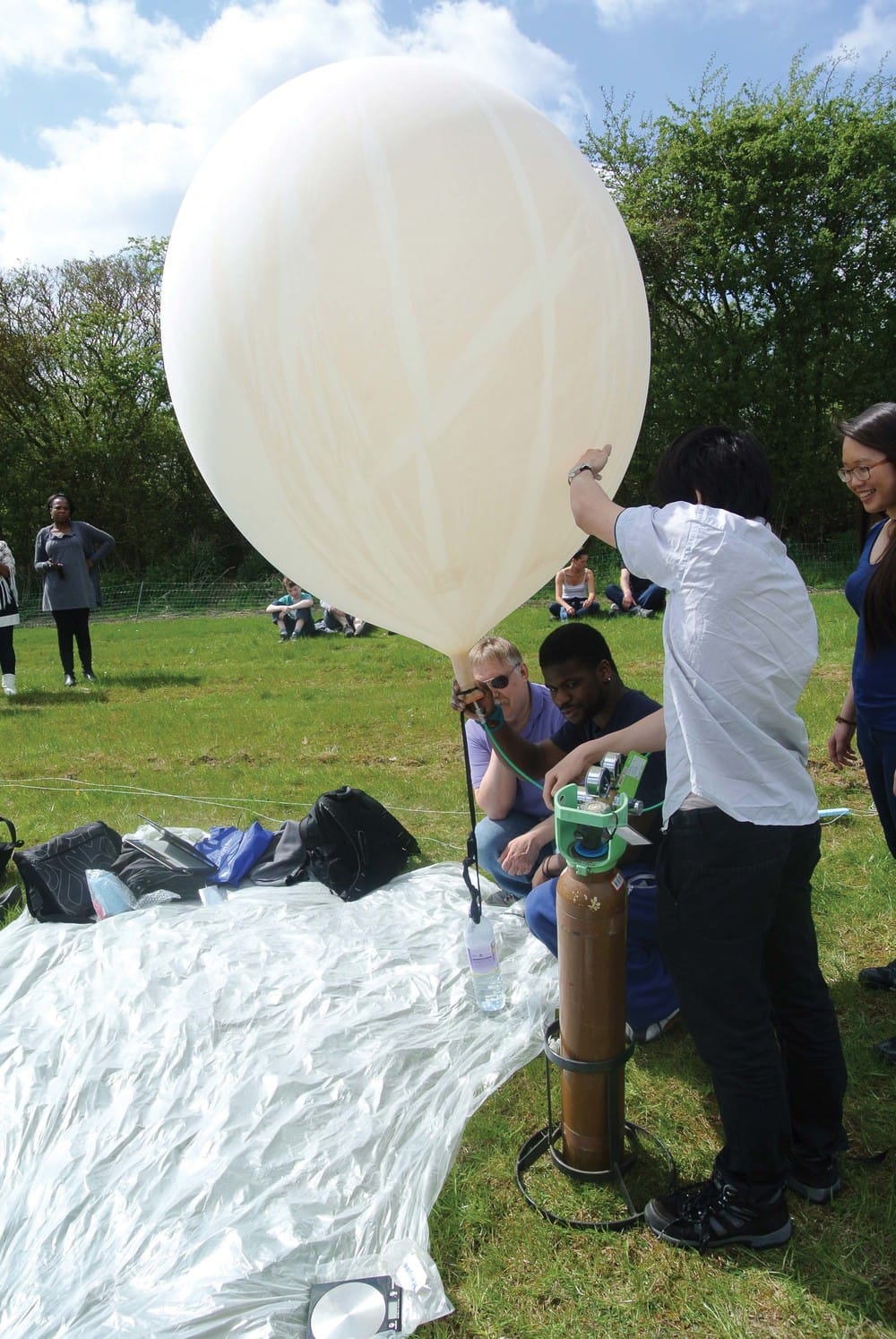
ICSEDS said that they would like to thank the Imperial College Chemical Engineering Department, for donating the helium for both teams; Steve Randall, for kindly offering his time and expertise at the launch, and their Project Officer’s family members for volunteering to drive the helium tanks to the launch site.
ICSEDS is open to anyone with an interest in space. Current projects include high-powered model rocketry, high altitude ballooning, and design of a ramjet engine. ICSEDS offers the chance to learn new skills working on hands-on projects and to meet other space nuts/valuable industry contacts. ICSEDS is a branch of UKSEDS, and part of a global SEDS network that started at MIT in 1980 and features many prominent space figures as alumni.
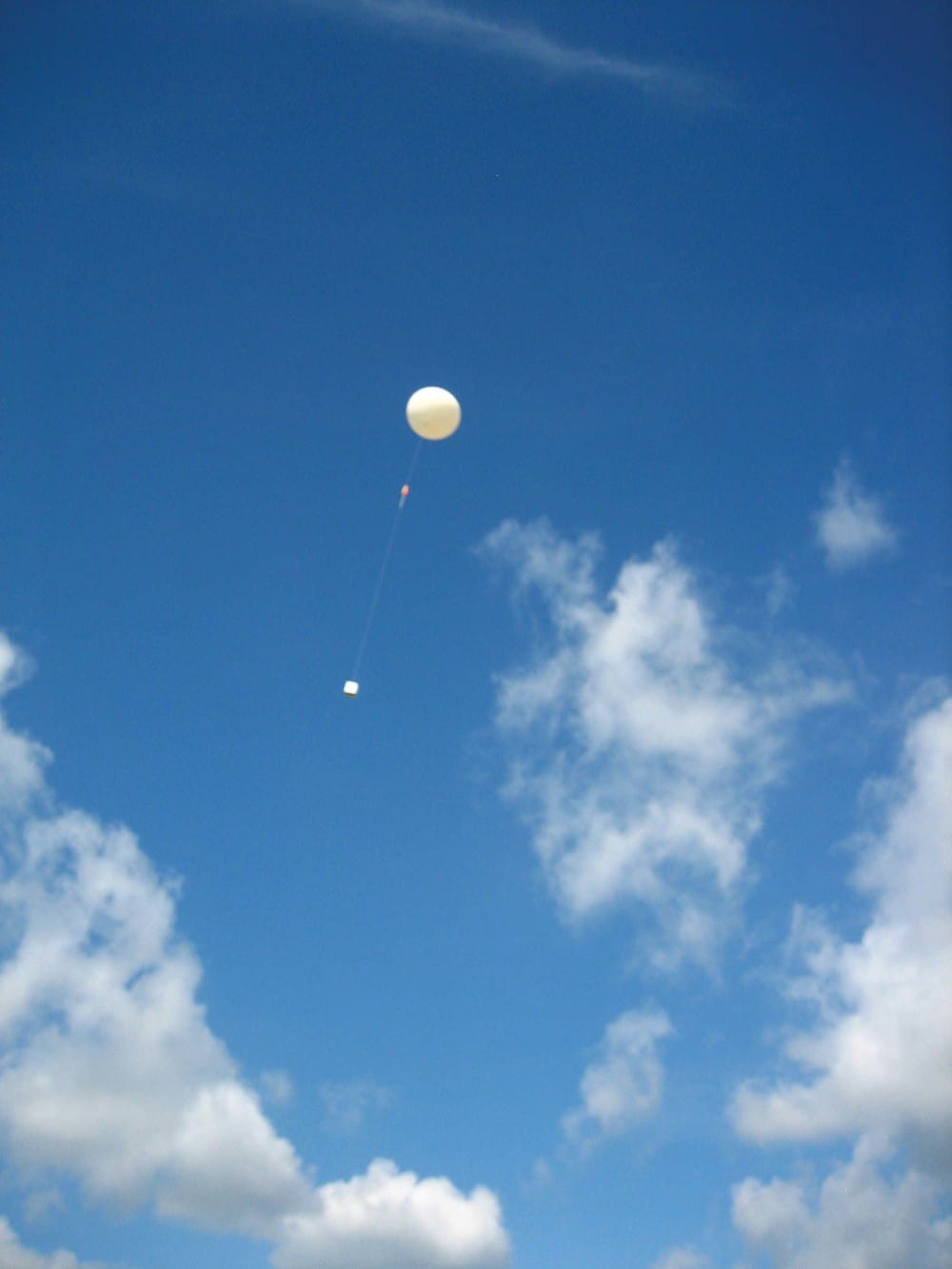
For more information on projects and membership visit here.

